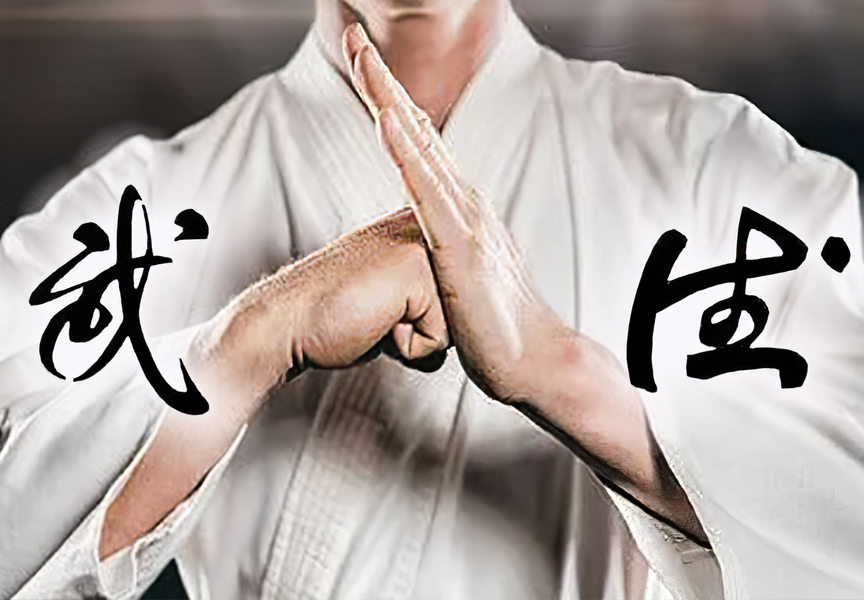Random Free Articles
- What I Gained from Rou Quan Quan Practice
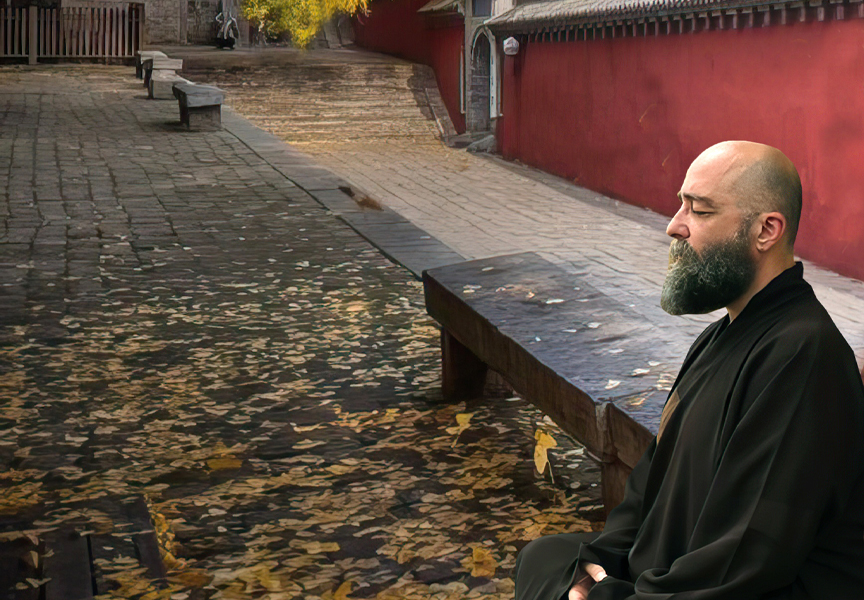
After more than 40 years of practicing Shaolin Rou Quan, I feel both a deep need and a sense of obligation to share my personal point of view, my understandings, and, above all, my own experience with this remarkable art. Shaolin Rou Quan, often misunderstood or undervalued compared to other martial arts, holds profound benefits that go far beyond self-defense. It is a discipline that fosters balance, inner peace, and strength in ways that are…
- Equal Breathing
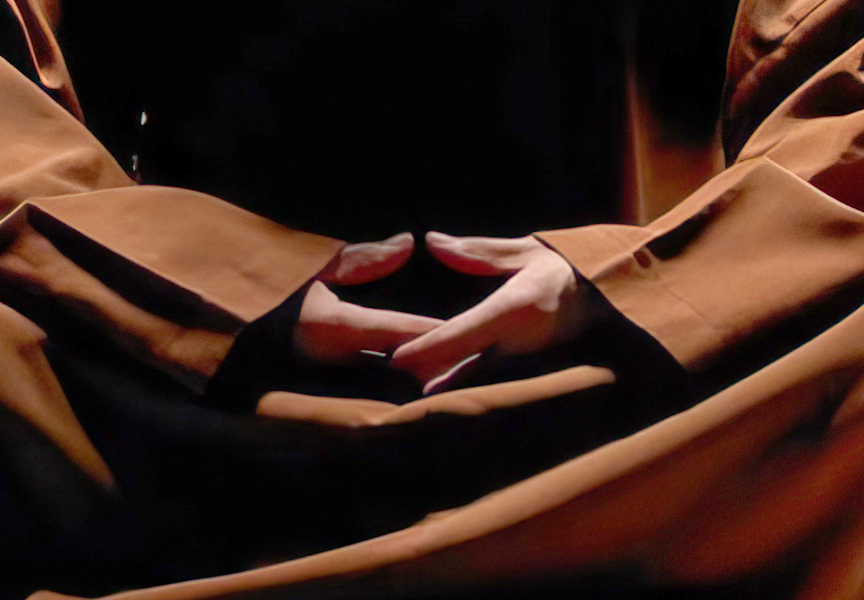
A Harmonious Journey to Mindful Balance In the hustle and bustle of modern life, where stress and anxiety often take center stage, finding solace and balance becomes paramount for overall well-being. One ancient practice that has stood the test of time is Equal Breathing - Fang Huxi [Chin.: Fāng hūxī 方呼吸], also known as Sama Vritti [Samāvṛtti - समां वृत्ति] . This mindful breathing technique offers a simple yet…
- The Art of Effortless Action
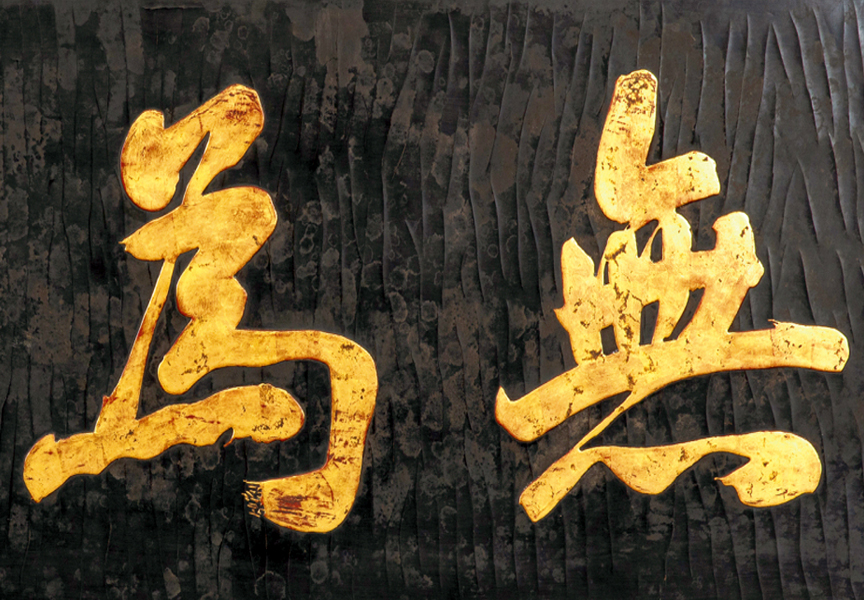
Shaolin Kungfu, an ancient Chinese martial art with a rich history, is not just about physical prowess but also encompasses a profound philosophy. One of the essential philosophical concepts within Shaolin Kungfu is Wuwei [Chin.: Wúwéi 无为], which translates to effortless action or non-doing in English. This concept, plays a crucial role in guiding practitioners to master the art. In this article, we'll delve into the significance of…
- Understanding Qi

The Vital Life Force in Traditional Chinese Medicine In the realm of traditional Chinese medicine, few concepts are as central and enigmatic as "Qi" [Chin.: Qì 气]. Pronounced as "chee," this ancient notion has captivated the minds of scholars and practitioners for centuries. Qi is often described as the vital life force or energy that flows through the human body, as well as through all living things and the universe…
- The Mystique of Buddha Palm
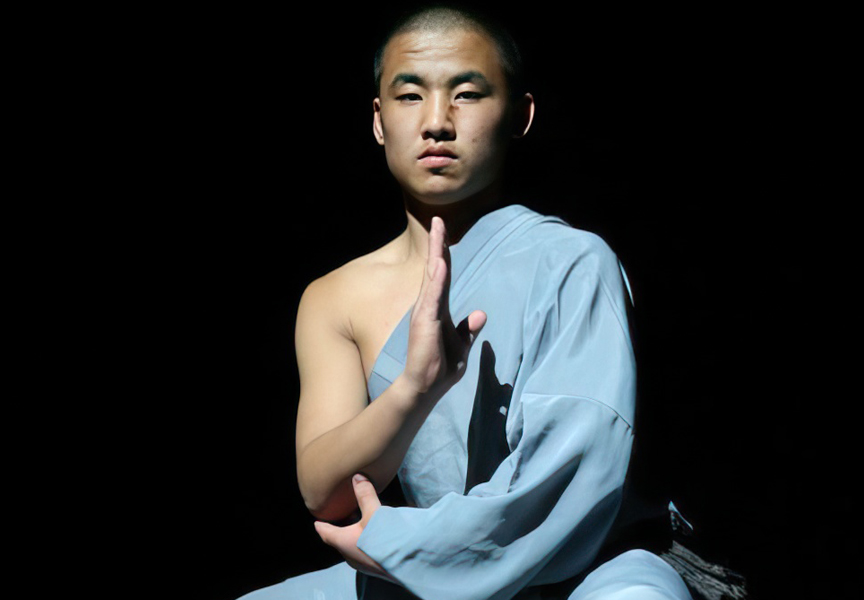
The Lost Art of Shaolin Monks In the annals of martial arts history, few names evoke as much reverence and fascination as Shaolin Kung Fu. Nestled amidst the mist-shrouded peaks of China, the Shaolin Monastery has long been revered as the cradle of martial arts mastery and spiritual enlightenment. Within its hallowed walls, generations of monks honed their bodies and minds, cultivating skills that transcended mere combat prowess. Among the…

